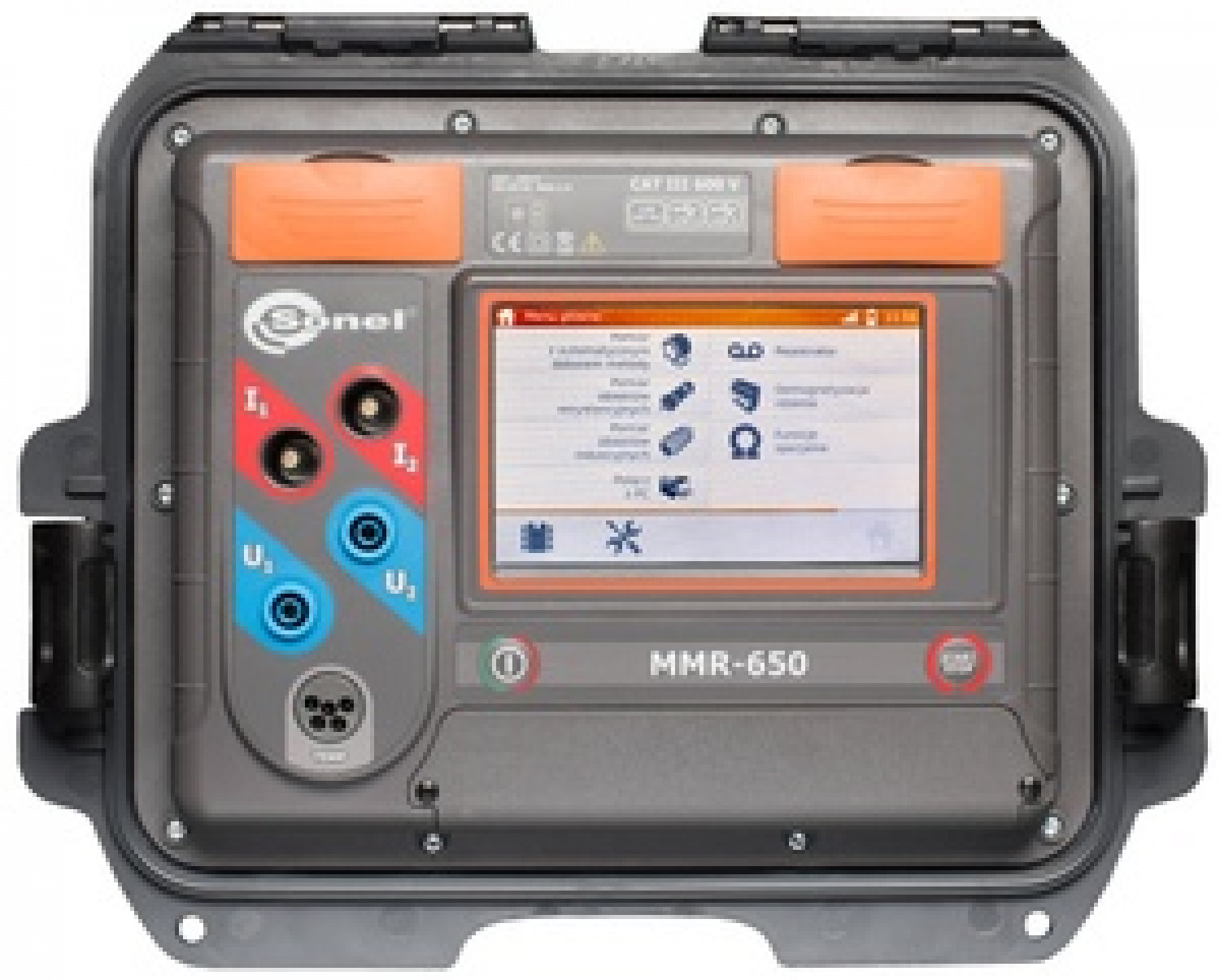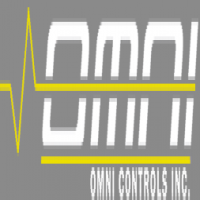Micro Ohmmeter Precision Resistance Testing for Critical Applications

Strong 8k brings an ultra-HD IPTV experience to your living room and your pocket.
In electrical systems, especially those dealing with high currents or sensitive connections, ensuring low resistance paths is crucial for safety and performance. A Micro Ohmmeter is a specialized instrument designed to measure very low resistance values—typically in the micro-ohm (µΩ) range—with high accuracy. It plays a vital role in electrical testing, quality control, maintenance, and troubleshooting.
This article explores what a Micro Ohmmeter is, how it works, and why it's indispensable in industries such as power generation, aerospace, manufacturing, and telecommunications.
What is a Micro Ohmmeter?
A Micro Ohmmeter is a precision instrument used to measure low electrical resistance, often less than 1 ohm. It is specifically designed to detect resistance in joints, connections, circuit breakers, and other conductive paths where high conductivity is essential. These instruments utilize a four-wire (Kelvin) measurement method to eliminate lead and contact resistance errors.
Key Features of Micro Ohmmeters
• Four-Wire (Kelvin) Measurement: Ensures accuracy by eliminating errors from lead resistance.
• High Accuracy: Capable of measuring resistance down to 0.1 µΩ.
• Battery or Mains Operation: Many models are portable and ideal for field testing.
• Digital Display: Provides clear, real-time resistance readings.
• Data Logging: Advanced models allow data storage for analysis and reporting.
• Safety Features: Overvoltage protection and current limiting ensure safe operation.
How Does a Micro Ohmmeter Work?
The Micro Ohmmeter applies a known current (usually high, e.g., 10A, 100A, or even 600A in some models) through the test component and measures the resulting voltage drop across it. Using Ohm's Law (R = V/I), it calculates the resistance. The four-terminal (Kelvin) configuration isolates the measurement from the current-supplying leads, providing extremely accurate results.
Applications of Micro Ohmmeters
Micro Ohmmeters are widely used in:
• Transformer Testing: Measuring winding and contact resistance.
• Circuit Breakers and Switches: Ensuring low resistance across contacts.
• Busbars and Grounding Systems: Detecting corrosion or loose connections.
• Motor Windings and Generators: Verifying internal conductivity.
• Quality Control in Manufacturing: Testing welds, connectors, and cable joints.
• Aerospace and Railways: Ensuring electrical continuity in safety-critical systems.
Advantages of Using a Micro Ohmmeter
• Precision Testing: Essential for identifying subtle resistance changes in critical components.
• Preventive Maintenance: Helps detect corrosion or loosened joints before they become failure points.
• Safety Assurance: Confirms low-resistance pathways for effective fault current dissipation.
• Field and Lab Use: Available in both portable and benchtop formats.
• User-Friendly Interface: Most models come with digital displays and intuitive controls.
How to Choose the Right Micro Ohmmeter
When selecting a Micro Ohmmeter, consider:
• Measurement Range and Resolution: Ensure it meets your required sensitivity.
• Test Current Capacity: Higher currents are better for testing high-power components.
• Portability Needs: Choose a battery-powered model for field use.
• Data Logging Features: Useful for maintenance tracking and reporting.
• Safety Compliance: Verify standards like IEC, EN, or ANSI are met.
Popular Models and Brands
Leading manufacturers of Micro Ohmmeters include:
• Megger
• Fluke
• Hioki
• AEMC
• Raytech
Each brand offers a range of models with different test currents, form factors, and feature sets.
Maintenance and Best Practices
• Regularly calibrate the device for continued accuracy.
• Use clean, secure connections during testing.
• Avoid testing live circuits—always de-energize before use.
• Store in a dry, clean environment to prevent damage to sensitive components.
Conclusion
A Micro Ohmmeter is a vital instrument for accurately measuring extremely low resistance values in electrical systems. Whether it's testing circuit breakers, busbar joints, transformer windings, or grounding connections, this tool helps ensure optimal performance, safety, and compliance across various industrial and commercial applications. By detecting even the smallest resistance anomalies, Micro Ohmmeters allow engineers and technicians to proactively identify potential faults, prevent failures, and maintain the integrity of critical systems.
With a wide range of models available—from handheld portable devices to high-current, lab-grade instruments—selecting the right Micro Ohmmeter is key to efficient electrical diagnostics and maintenance.
For professionals seeking top-quality Micro Ohmmeters from trusted manufacturers like Megger, Fluke, Hioki, and more, Omni Controls Inc offers a complete selection backed by expert guidance and competitive pricing. With years of experience in the test and measurement industry, Omni Controls Inc is your dependable source for precision electrical testing equipment and technical support.
Note: IndiBlogHub features both user-submitted and editorial content. We do not verify third-party contributions. Read our Disclaimer and Privacy Policyfor details.



